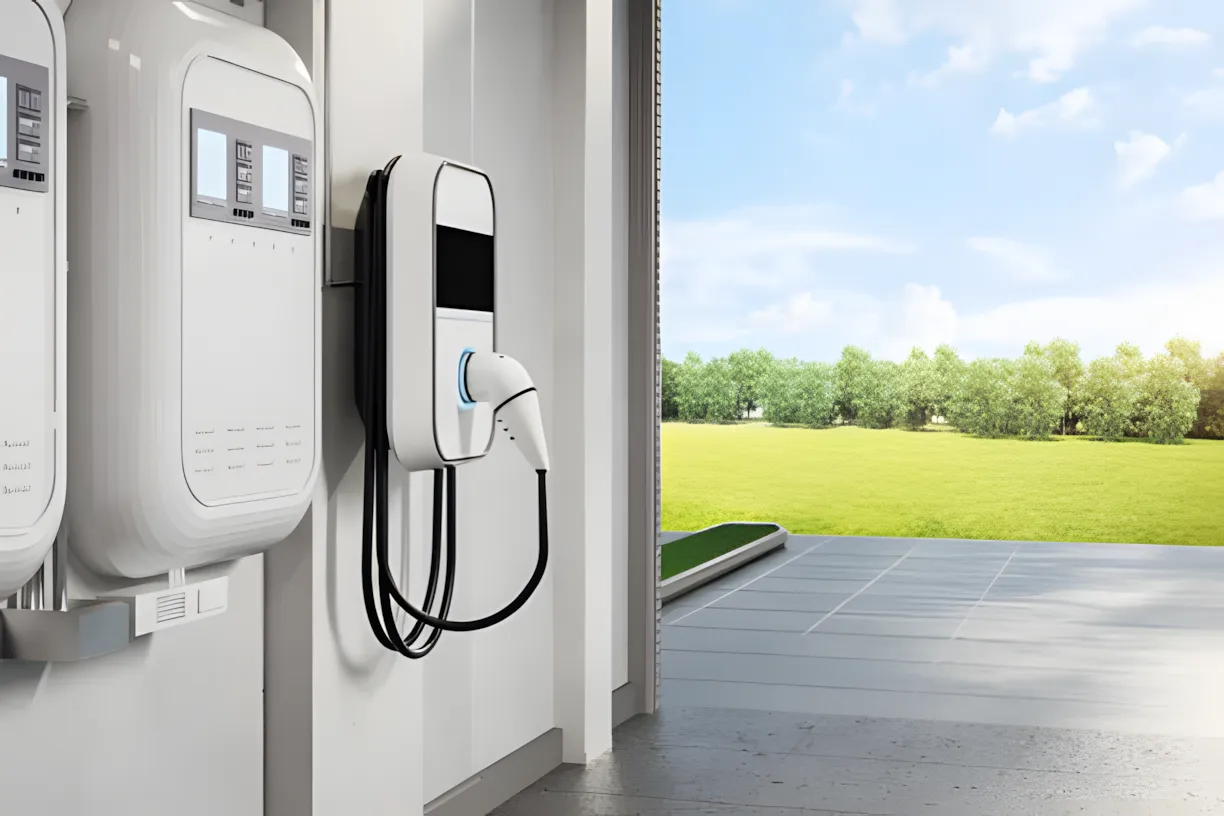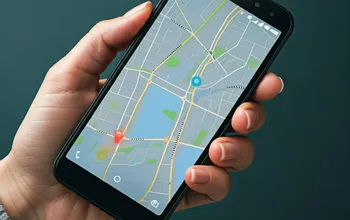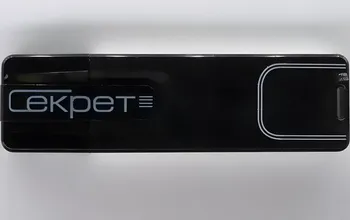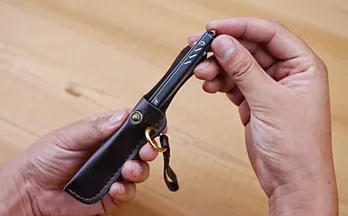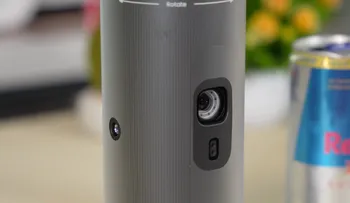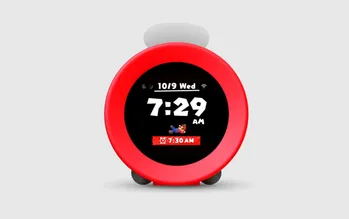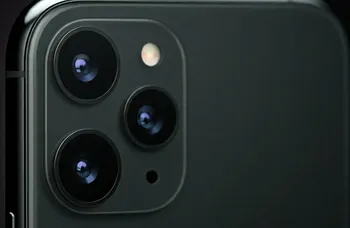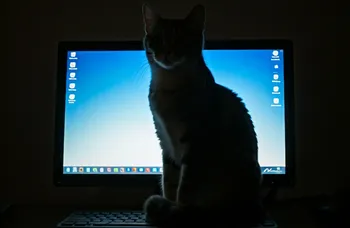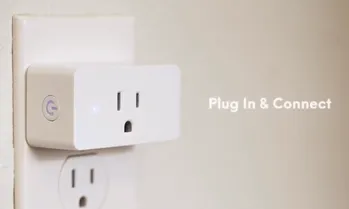If you have solar panels, it makes sense to buy a home battery in order to stop the surcharge regulation. At least that's how many energy providers present it. Network operators see things differently, and it turns out that it is difficult to recoup the investment of a home battery.
Home Battery as the Solution
The power grid becomes overloaded as more solar panels are added. While renewable energy is excellent, the electricity grid in the Netherlands is not set up for it. The same applies to home batteries. As long as you use the home battery for its intended purpose—storing energy so that you can use it later, such as at night or another time—there's nothing wrong: That works fine.
The issue arises when batteries charge and discharge simultaneously, causing problems in transformer houses, which suddenly have to process a lot more. They then return a large amount of power to the grid all at once, often during times when prices are favorable, thereby putting strain on the electricity grid. According to David Peters from network operator Stedin, this could happen 10 to 20 percent of the time. Various network operators have made agreements with the largest makers of home batteries regarding this.


